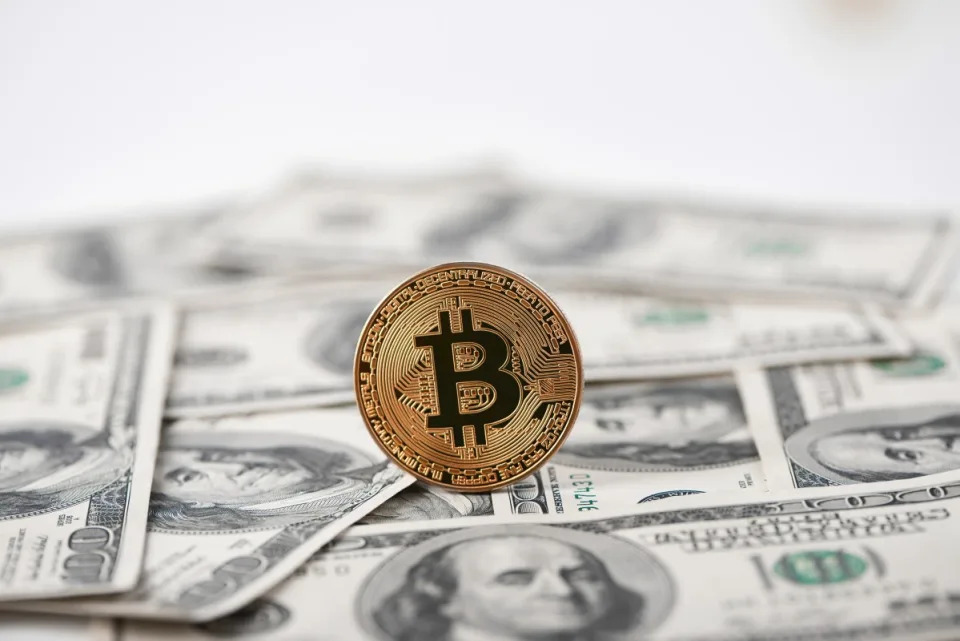As bitcoin continues to gain traction among institutional players, the question of its future role in the U.S. is becoming increasingly pressing.
Roundtable anchor Rob Nelson and John Divine, Head of OTC Trading at BlockFills, recently discussed the potential for bitcoin to evolve into a strategic reserve asset, a development that could redefine the economic landscape. This critical shift raises questions about the speed at which this transformation could occur and the challenges that may arise from political resistance.
Nelson sparked the discussion by questioning whether bitcoin's integration into the U.S. reserve currency is inevitable. He pointed out that despite media narratives, the market is showing clear signs of embracing bitcoin, with more institutions, banks, and companies incorporating it into their strategies . Nelson's observations suggest that the momentum behind bitcoin is building, making it increasingly difficult to ignore its economic significance.
At the Bitcoin Conference last month, former President Trump announced his intention to create a U.S. Bitcoin Strategic Reserve if he is reelected . So far, Vice President Kamala Harris has not shared a similar sentiment.
Divine shared Nelson's perspective, agreeing that bitcoin is on a path to becoming a key asset for the U.S. government. However, Divine emphasized that the speed at which this transition happens could be influenced by upcoming political events. He expressed concern that certain political factions, particularly on the left, may resist bitcoin's integration, given its alignment with sound money principles that contrast with recent fiscal policies.
Divine highlighted that these sound money principles, which bitcoin represents, stand in opposition to the policy decisions of the past few years, particularly those that have contributed to the nation's growing debt. He warned that this ideological divide might lead to efforts to keep bitcoin out of the political conversation, potentially stalling its adoption as a reserve asset.


